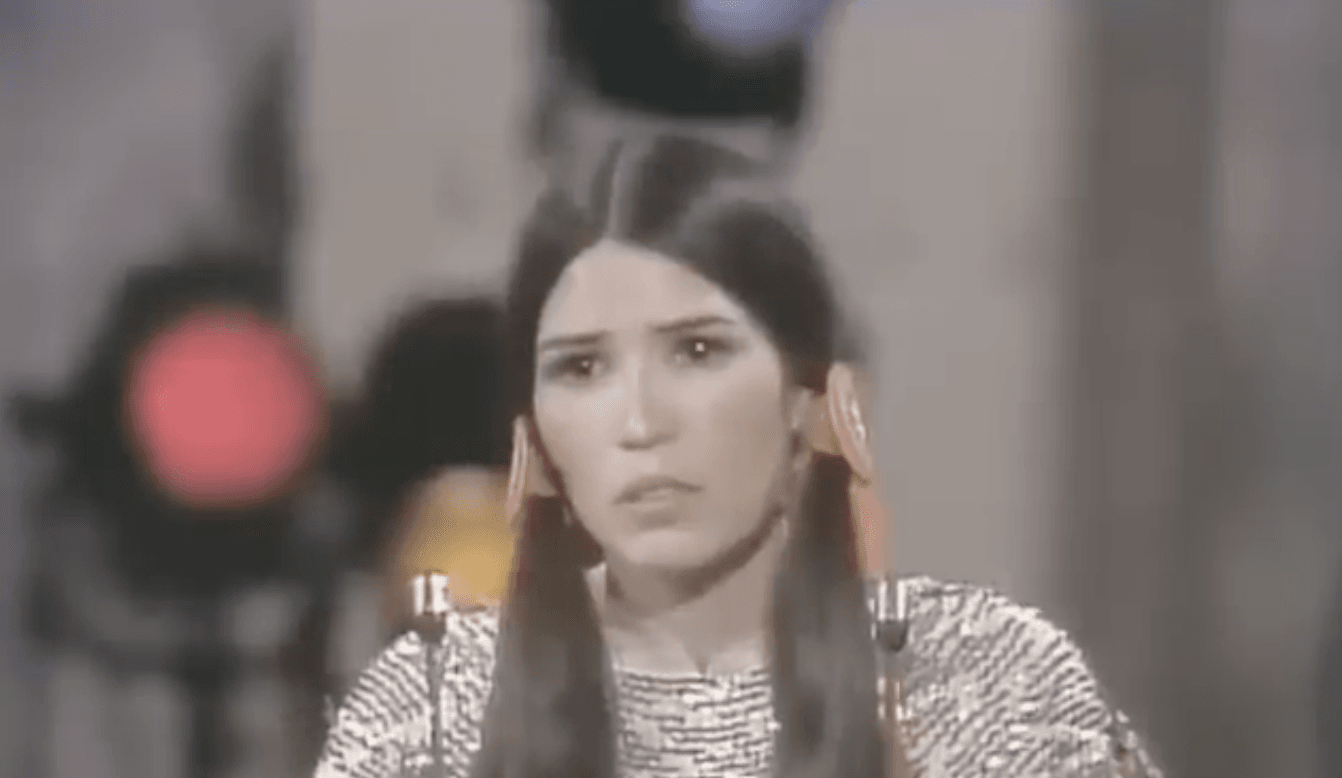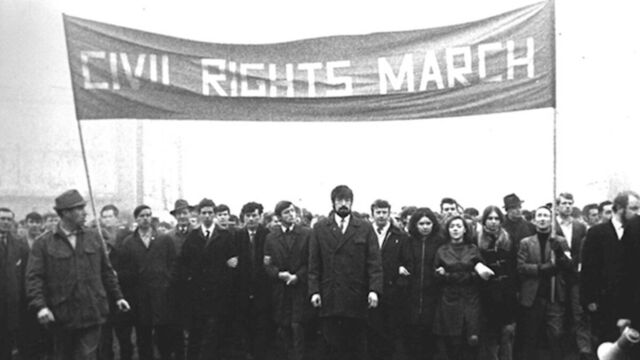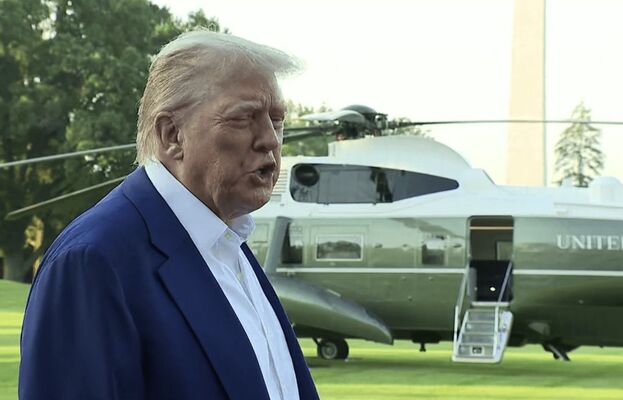THIS Sunday at the Dolby Theatre in Hollywood the Oscars ceremony will take place. The great, the bad and even some of the good will be there, all glossy lipstick, smart suits, plunging necklines and genuflecting paparazzi. There will be gasps, cheers, tears and thanks to everybody, barring the theatre cat. But here’s the thing: in today’s world, when we’re faced with so many crises – Gaza, Ukraine, climate crisis, famine, obesity – is there any chance an Oscar recipient will speak out on one of these topics?
It has happened in the past. In 1973 Marlon Brando was awarded an Oscar for his role in The Godfather. He didn’t attend. Instead he sent Native American Sacheen Littlefeather to pick up the Oscar and make a protest speech in the name of her people. In 1978 Vanessa Redgrave, who won for her role in Julia, made a speech in which she denounced "Zionist hoodlums". In 2003, Michael Moore denounced President George W Bush and the Iraq War on accepting his award for Bowling for Columbine.
Despite these forthright speakers, Hollywood tends to be a place that’s pretty right-wing – John Wayne, Clint Eastwood, Gary Cooper, Ronnie Reagan, Charlton Heston – the list goes on. The Oscars ceremony itself was established as part of an effort to quash the possibility of unions forming in Hollywood. But while the sight of a big star speaking passionately for a cause can be compulsive viewing, there’s another question: Why should we listen to them?
The fact that someone is a brilliant actor doesn’t mean they know their rear from their ear about politics. We don’t look at a gifted footballer and expect him or her to provide us with insights into science or painting or literature. Yet when actors at the Oscars ceremony speak out on some topic, they’ve got a vast viewing audience and quite a few of those watching will, inevitably, accept as gospel the words from the mouth of the star. A mistake, that. Like the rest of us, they might be right, they might be wrong.
And there’s a parallel negative process for famous people. Footballers caught drink-driving get dropped from the team, actors involved in some sexual scandal get dropped, and politicians who use language deemed to be unacceptable may find they’ve arrived at the end of their political career.
Which is unfair and wrong. You don’t pick your brain surgeon because he’s a good father, or your dentist because he’s good at chess. It’d be nice if people were both talented and model citizens, but one out of two ain’t bad.
And yet and yet... In sport, in entertainment, in politics, we all have our favourites. People whom we forgive more quickly and laud more readily than others. Sometimes we’re drawn to them because of their debating skills (think George Galloway), sometimes because of their nationality (think of just about any Irish TV or film star).
And if someone in that charmed elite circle speaks publicly with views that match our own, we feel validated. It seems we’re not the only ones who think this way, there are famous people out there who think along similar lines.
You think I’m exaggerating, that we don’t take our cue or validation from others, however famous? Okay – what if that superb actor Cillian Murphy, when he wins his Oscar on Sunday (trust me) were to deliver a speech in which he briefly made the case for a reunited Ireland, explaining that unity would be wonderful and we should be preparing for it now? What nationalist or republican wouldn’t punch the air and roar “Yee-haaa!”?
Not by logic alone do we humans live. It may be irrational but we all need straight-talkers in the spotlight saying the right thing.








